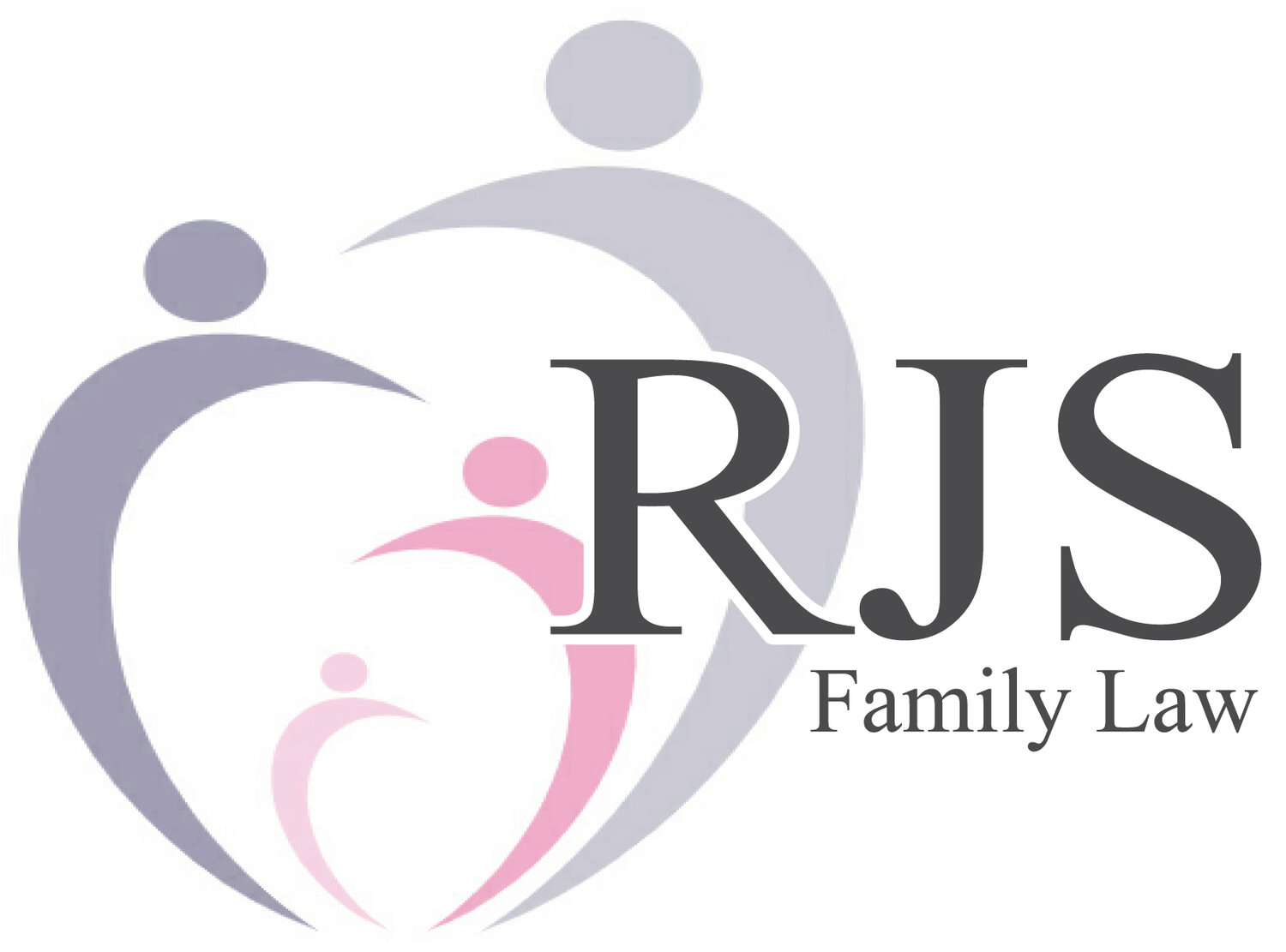Understanding Mediation in Family Law and Its Importance
Mediation is important in family law proceedings, offering a pathway for resolving disputes outside the courtroom. This process involves a neutral third party, known as a mediator, who assists the parties in reaching a mutually acceptable agreement. Here, we explore what mediation entails and why it holds such significance in family law in England and Wales.
What is Mediation in Family Law?
Mediation is a form of Non-Court Dispute Resolution (NCDR) that provides an alternative to court proceedings. It is a voluntary process where the mediator facilitates discussions between parties to help them resolve their issues amicably. This approach is particularly beneficial in family law cases, such as financial remedy or children act proceedings.
Why is Mediation Important?
Cost-Effective: Mediation is generally cheaper than court proceedings.
Time-Saving: It often resolves disputes faster than going to court.
Confidential: Mediation is private, unlike public court cases.
Control: Parties have more say in the outcome.
Relationship Preservation: It’s less adversarial, helping maintain relationships, especially when children are involved.
Flexible: Sessions can be scheduled at convenient times.
Court Encouragement: Courts often require mediation attempts before litigation.
When is Mediation Suitable?
Mediation is a collaborative way to resolve disputes in family law, however it is important to understand when it's appropriate and when exemptions may apply.
Financial Disputes: If you’re sorting out financial arrangements after a separation, mediation can help you and your ex-partner reach an agreement without the stress of court.
Child Arrangements: Mediation is great for discussing where children will live or how much time they’ll spend with each parent. It keeps the focus on what’s best for the kids.
Communication Issues: If communication has broken down, a mediator can help facilitate discussions and improve understanding between parties.
Exemptions from MIAM
Listed below are common examples of situations where you are not required to attend the MIAM before proceeding to court:
Domestic Violence: Evidence of domestic violence may exempt you.
Urgency: Immediate risks to safety can bypass the MIAM.
Recent Mediation: If mediation was attempted in the last four months.
Ongoing Legal Proceedings: Other legal proceedings may exempt you.
Contact Us
For any queries related to mediation and how we can assist, please contact us through our website, where you can also book a free consultation.
Author: Millie Grundy
Millie is a newly qualified family solicitor who has recently joined the RJS team, where she heads up our new office located in Bridgnorth, Shropshire.
Millie is dedicated to providing compassionate and effective legal support to clients navigating the complexities of family law.

